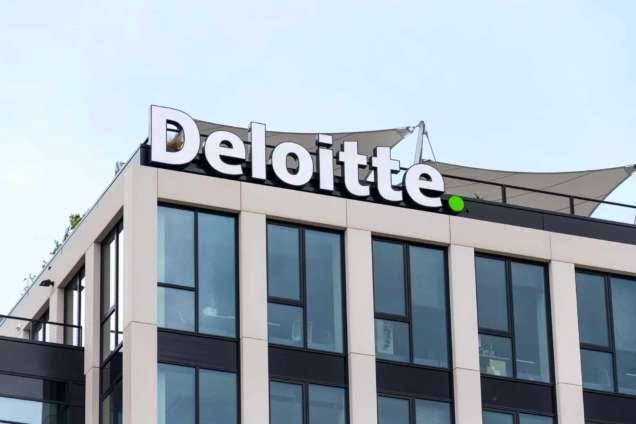
Professional services firm, Deloitte West Africa, has predicted that the persistent rise in inflation in Nigeria and Ghana may hinder both countries’ economic growth.
The firm, which stated this in its latest inflation update, pointed out that economic growth was negatively affected when high inflation leads to businesses experiencing increased costs and consumers cutting back on spending.
Furthermore, it said that the monetary authorities in both countries were likely to maintain their tight monetary policy stance in their bid o tackle inflation.
The firm stated: “The underlying inflation pressures, driven by food price volatility, exchange rate fluctuations and global commodity prices, are expected to persist in 2025”.
Meanwhile, the Economist Intelligent Unit has forecast an average inflation rate of 27.7 per cent and 15.5 per cent for Nigeria and Ghana respectively in 2025.
It said inflationary pressure was expected to ease from the more elevated levels recorded in 2023 for all but a small handful of African countries—including Seychelles and Sudan.
“Inflationary pressures are expected to ease from the more elevated levels recorded in 2023 for all but a small handful of African countries—namely Angola, Seychelles, Sudan and Tanzania, where country-specific factors will push up consumer price inflation,” it said.
New Telegraph recently reported that while reacting to the inflation report for December, released by Nigeria’s National Bureau of Statistics (NBS), last Wednesday, which showed that headline inflation rose for the fourth consecutive month to hit 34.80 percent in December, analysts at Coronation Merchant Bank said they expected the proposed hike in telecommunication tariffs to lead to a further increase-albeit marginal- in inflation.
According to the analysts, the uptick in Nigeria’s inflation last month was driven by increased spending and transportation costs during the festive period.
However, they noted that on a month-on-month basis, headline inflation moderated by 20bps to 2.44per cent in December from 2.64per cent in the previous month. While noting that the Central Bank of Nigeria’s (CBN) Monetary Policy Committee (MPC) had postponed its next meeting to February 17 and 18 to “further monitor the inflation trend and evaluate the implication of the inflation rebasing exercise,” the analyst said they anticipated “a moderate rate hike of 25bps at the rescheduled meeting.”
“Looking ahead, we expect a slight uptick in inflation driven by an anticipated increase in telecommunication tariffs.
Meanwhile, the planned inflation rebasing exercise which proposes 2024 as the new base year- a period characterised by exceptionally high inflation- may artificially moderate inflation figures, obscuring the actual price pressures faced by consumers,” they said.
Please follow and like us:


